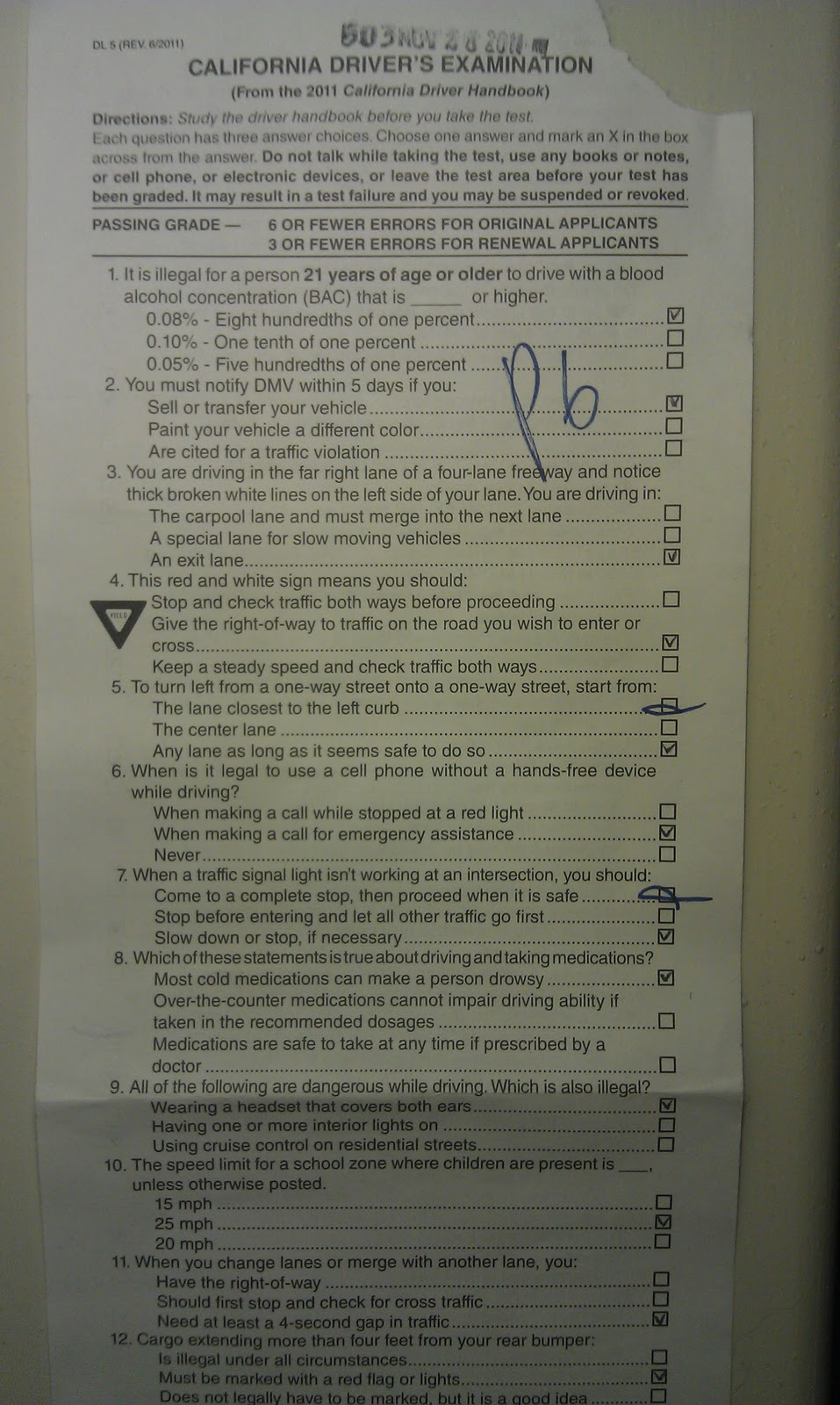Maintaining driving independence is often a key concern for seniors. The ability to drive represents freedom, connection, and access to essential services. However, as we age, changes in our physical and cognitive abilities can impact our driving skills. This is why driver's license renewal requirements for older adults exist – to ensure road safety for everyone. Navigating these requirements can sometimes feel overwhelming, but with the right information and preparation, the process can be much smoother.
Senior driver's license renewal processes vary by state, but the underlying principle remains consistent: to balance the mobility needs of older adults with public safety. These regulations often involve more frequent renewals, vision tests, and sometimes even cognitive assessments. While these requirements can be perceived as inconvenient, they are designed to identify potential risks and provide support for seniors to maintain their driving privileges as safely as possible.
Historically, driver's license renewal procedures were fairly standardized across all age groups. However, as the population ages and the number of older drivers increases, there's a growing recognition of the need for tailored regulations. This shift reflects a greater understanding of age-related changes and their potential impact on driving performance. The goal isn't to restrict seniors' mobility but to proactively address potential safety concerns.
The importance of senior driver's license renewal lies in its role in safeguarding both individual drivers and the community. By ensuring that seniors meet specific criteria related to vision, cognitive function, and physical abilities, these procedures contribute to reducing the risk of accidents. Regular renewals provide opportunities for early detection of potential issues and connect seniors with resources that can help them maintain their driving skills and independence.
One of the main issues surrounding driver's license renewal for older adults is the potential for anxiety and stress related to the process itself. Many seniors worry about failing vision or cognitive tests, leading to a loss of their driving privileges. This fear can be amplified by misconceptions about the process. Understanding the specific requirements in your state and accessing resources for support can significantly alleviate these concerns.
For example, in some states, seniors may be required to renew their licenses more frequently than younger drivers, perhaps every two years instead of every five. They might also need to provide a medical report from their physician confirming their fitness to drive. Understanding these requirements beforehand can help seniors prepare and avoid last-minute surprises.
Benefits of maintaining a valid driver's license for seniors include continued independence, access to essential services like medical appointments and grocery shopping, and the ability to stay connected with family and friends. Renewing your license ensures you can maintain these important aspects of your life.
A successful driver's license renewal often starts with gathering the necessary documents, such as proof of identity, residency, and possibly a medical report. Scheduling an appointment at the DMV in advance can save you time and frustration. Finally, preparing for potential vision and cognitive tests can boost your confidence and increase your chances of a smooth renewal.
Advantages and Disadvantages of More Frequent Renewals
| Advantages | Disadvantages |
|---|---|
| Increased Safety | Potential Inconvenience |
| Early Detection of Potential Issues | Added Costs |
| Access to Resources and Support | Increased Anxiety for Some Seniors |
Best practices include staying informed about your state's specific requirements, maintaining regular communication with your physician, practicing safe driving habits, and considering resources like senior driving refresher courses.
Frequently asked questions include: What documents are needed? How often do I need to renew? What happens if I fail a vision test? Where can I find resources for senior drivers? These questions, and others, can often be answered by your local DMV or organizations specializing in senior services.
In conclusion, driver's license renewal for seniors is a crucial process for ensuring both individual and public safety. While it can seem daunting, understanding the requirements, preparing in advance, and accessing available resources can make the process much smoother. Maintaining a valid driver's license can preserve independence and enhance quality of life for older adults. Take proactive steps to stay informed and prepared for your next renewal. Don't hesitate to reach out to your local DMV or senior services organizations for assistance. Your continued mobility and safety are worth the effort.
The amazing world inside you exploring human microbiota
Understanding your paycheck a guide to cara kira gaji tolak kwsp
Navigating the opm gs grade level mapping
Dmv Practice Test For Seniors Renewal Ca 2024 Free Download - Khao Tick On
Dmv Renewal For Seniors 2024 California - Khao Tick On
Arizona driver license and ID card gets a makeover - Khao Tick On
Dmv California Book 2022 Pdf - Khao Tick On
California Dmv License Renewal - Khao Tick On
Ca Dmv Practice Tests 2024 For Seniors - Khao Tick On
Dmv ca gov dlrenewal Fill out sign online - Khao Tick On
California Dmv Manual 2024 Pdf - Khao Tick On
DMV allows California seniors to renew license online during pandemic - Khao Tick On
Fillable Online Dmv renewal license practice test Dmv renewal license - Khao Tick On
Dmv Practice Test For Seniors Renewal Ca 2024 Free Download - Khao Tick On
Dmv Practice Test For Seniors Renewal Ca 2024 Free Download - Khao Tick On
Dmv Renewal For Seniors 2024 - Khao Tick On
dmv license renewal for seniors - Khao Tick On
Ncdot Road Design Manual - Khao Tick On


_0.png)











